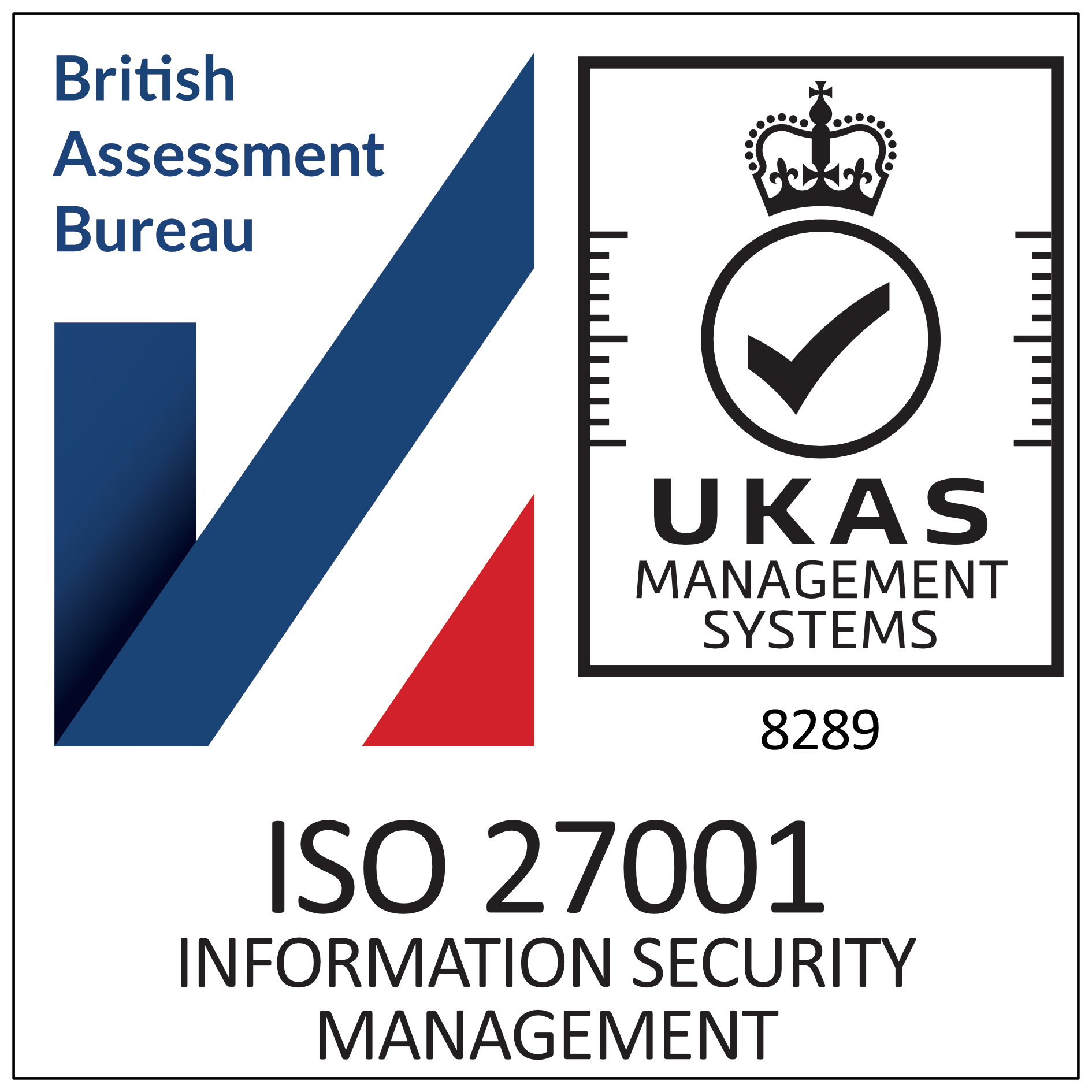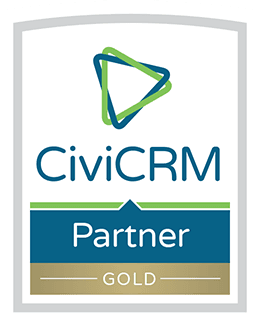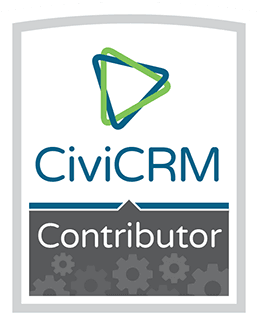Many people don’t like change. We are creatures of habit and when major disruption comes along at an organisational level, it needs to be treated properly. It requires enthusiasm from the people pushing it forward to overcome the inertia they will come up against. They will need to create a sense of trust in the people whose routines will be altered and ultimately get that group to buy into the idea of change. To do this, it’s essential to have strong senior management support for the whole project and to consult with the end users as much as is possible - this will build confidence in the wider team and a sense of ownership of the end product by the users.
Supporting change
In order for your team to get the most out of the process, they will need support and training throughout and it’s really important to devote adequate resources to this. Circle Interactive offers a range of training and support options in multiple locations across the UK and remotely, to help our clients make a smooth transition to their new database.
Mainly though, it’s crucial to communicate clearly and effectively throughout the project - not just to maintain the enthusiasm and trust, but to ensure that the project moves along according to plan and that all relevant ideas are captured, evaluated and incorporated where appropriate.
Planning for change
Successful projects tend to be part of a strategy and so some of those ideas that get captured may end up being rejected in this phase of work because they don’t fit in with that strategy. It’s important to capture them though because they may feed into a subsequent project. If ideas do get rejected, the reasons for this should be communicated to people sensitively and clearly.
All projects have the possibility to get off track sometimes and so it really helps to have the right people in the right jobs. This can sometimes mean bringing people in from outside, or it can mean choosing roles carefully from within the existing team. If you’re going to consult effectively with end-users, you need someone who is going to listen properly to them and who they’ll feel comfortable suggesting things to and their line manager may not be the best person in this role. The person who has nurtured and maintained the old system may be crucial in the transition but may not be the ideal person to lead the whole project.
For more advice and guidance on planning a CRM project, please see our Knowledge Base article ‘Planning a Successful CRM Project’. If you feel your organisation would benefit from our technical expertise, please do not hesitate to contact us today on 0117 909 6967 or by filling in our online contact form.







